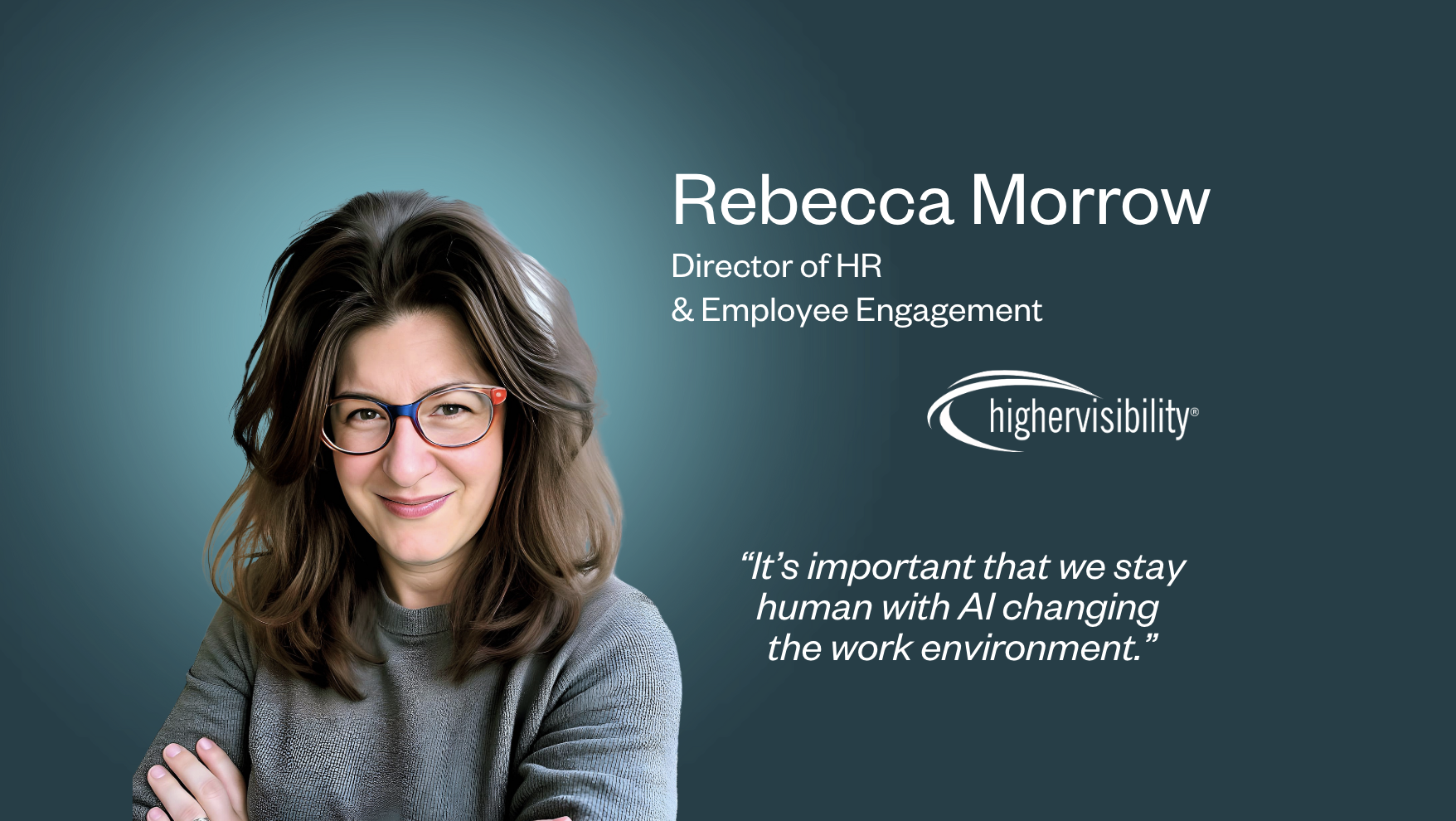The benefits of having an engaged team is well recognised. But fostering engagement is difficult and varies depending on the individual and team’s personal needs and situations.
Certain job resources, such as fair compensation, are important for employees to feel engaged, and so are personal resources, which are internal drivers of each employee. Professional coaching can directly impact personal resources that affect employee engagement.
A professional coach works with the employee to help them develop the necessary tools, skills, knowledge and opportunities to meet their work or personal objectives. By working closely with the employee, coaching provides the space and support she/he needs to grow and develop within their role and workplace.
A few ways in which professional coaching enhances engagement:
Adaptation is survival
In today’s challenging and volatile business environment, where organizations and industries are undergoing rapid and frequent changes, one-to-one coaching can provide tailored developmental solutions to help employees deal effectively with uncertain and adverse events that they may face. This can be achieved by helping them develop a set of positive behavioral or psychological responses such as perseverance, coping and adaptation.
Through coaching, employees can develop their resilience, which helps them bounce back from stressful situations, conflicts or failures. Research has shown resilience to be associated with several positive behavioral outcomes such as organizational commitment, satisfaction and workplace happiness. Coaching also aids in building the employee’s personal resources such as self-efficacy, optimism and self-esteem. These are linked to resilience and have been evidenced by research to foster engagement amongst employees.
Knowing where to focus
Advocates of positive psychology and coaching psychology have been in favour of focussing on strengths at work. According to the psychology of strengths, every individual has a set of “signature strengths” which enables her/him to perform consistently and near perfectly in various tasks or roles. Professional coaches help identify and develop these strengths through their open and honest communication with the employee.
Employees may also use tools such as personality measures and strength assessments as a first step in understanding and identifying objectively her/his strengths. The use of these tools help generate conversations about how the employee can make the best use of her/his strengths within their role. Coaches can also work with the employee to help them identify other opportunities available within the organization, where these strengths can be usefully applied.
Coaching is a process and the employee has to be open to growth and being challenged. It helps employees unlock their potential and gain clarity on their situation, resources and how to succeed in their goals. By equipping employees with the necessary personal resources to work effectively within their environment, as well as making them more aware of the existence and application of their strengths, coaching enables them to bring their best selves to work.
This makes work more meaningful and engagement can soar.



